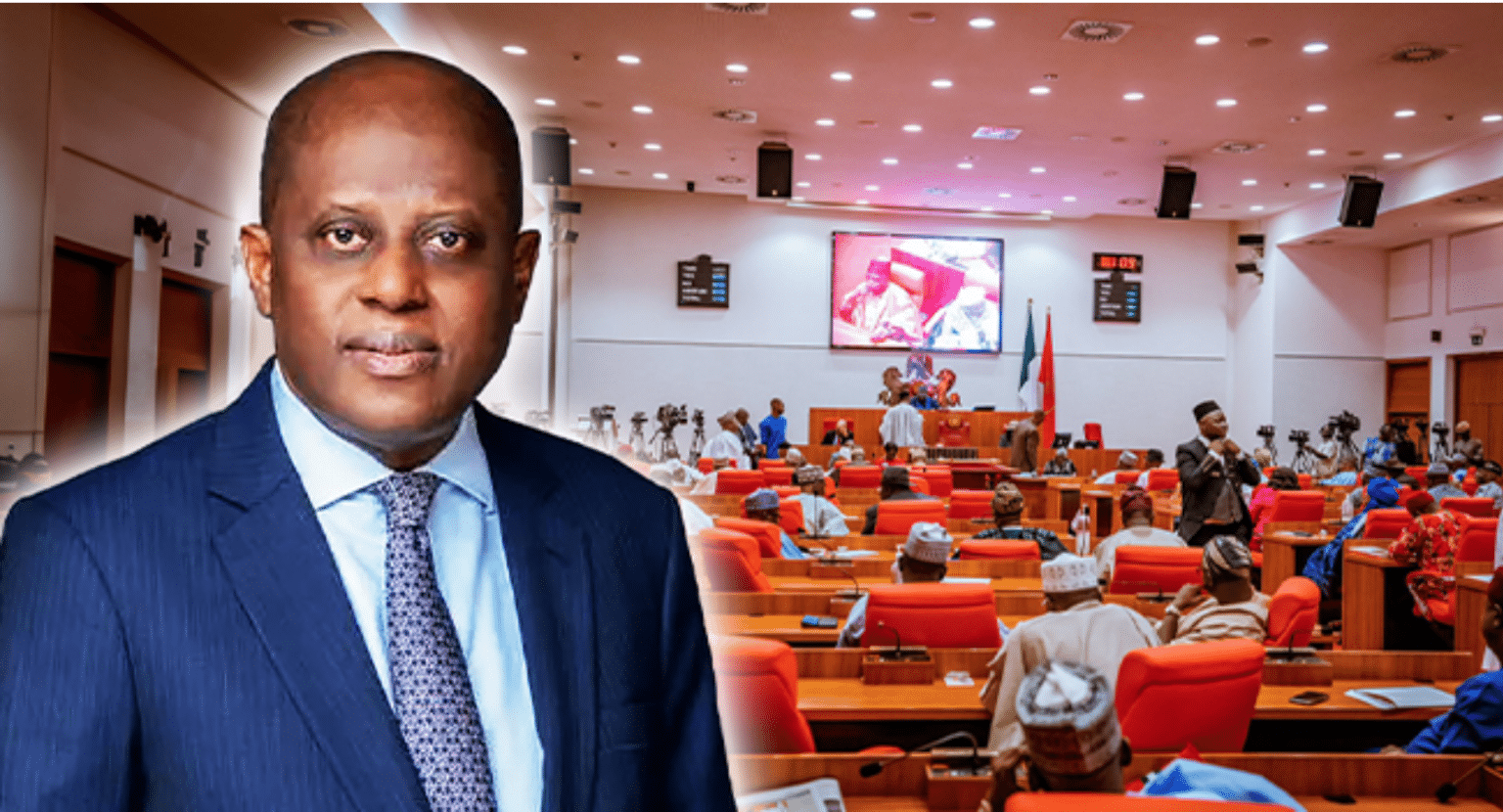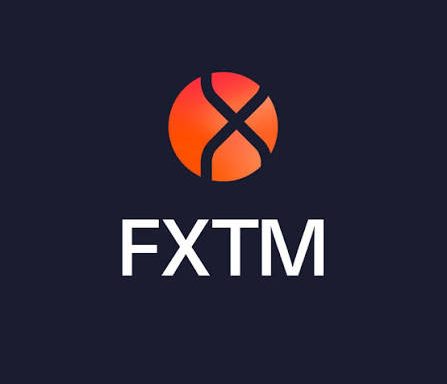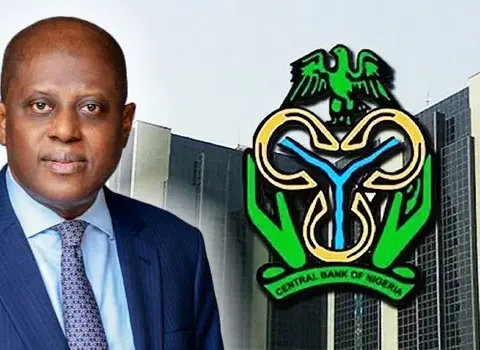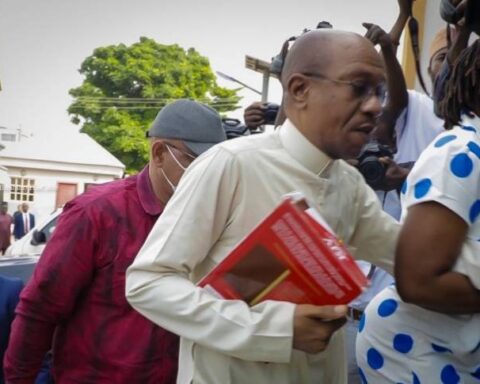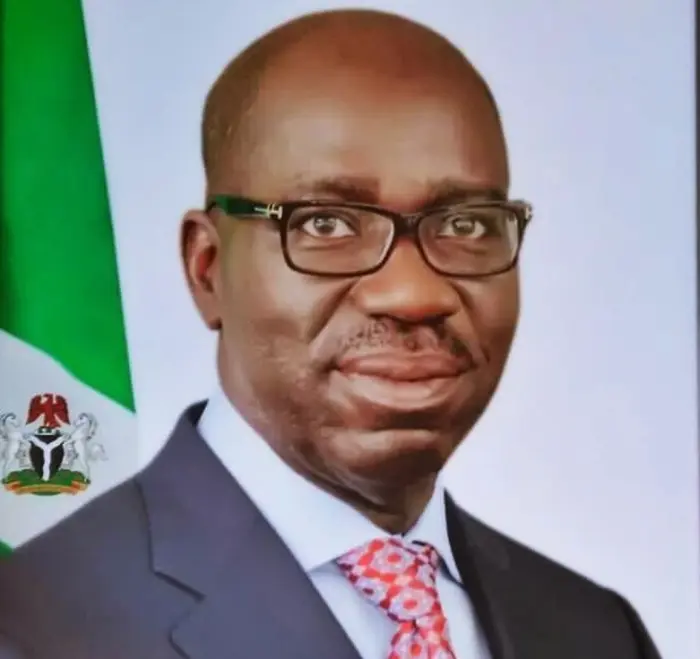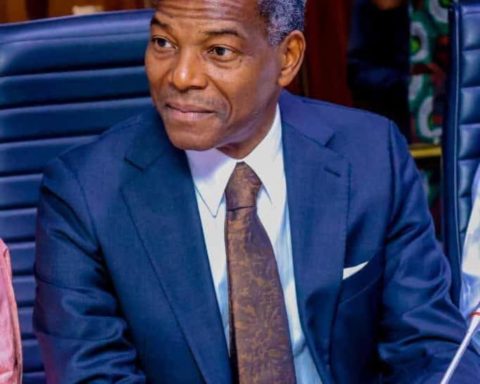The Nigerian Senate’s proposed amendments to the Central Bank of Nigeria (CBN) Act of 2007 have sparked a heated debate.
The amendments, which aim to introduce stricter controls over the CBN’s operations, have raised concerns among economists and business leaders, including the International Monetary Fund (IMF). A key point of contention is the perceived threat to the CBN’s independence, which many view as critical for effective monetary policy and economic stability.
Join our WhatsApp ChannelChanges to the CBN Act
The proposed amendment bill includes the creation of a Coordinating Committee for Monetary and Fiscal Policies. This committee, chaired by the Minister of Finance, would take over some of the CBN’s crucial functions, including setting interest rates.
Critics argue this move would undermine the autonomy of the CBN and its Monetary Policy Committee, which is currently chaired by the Governor of the CBN.
“The envisaged ‘Coordinating Committee for Monetary and Fiscal Policies’ chaired by the Minister of Finance could undermine the autonomy of the CBN and its Monetary Policy Committee, which is separately chaired by the Governor of the CBN,” noted the IMF in its latest Article IV report.
Potential Consequences
Analysts warn that this shift could compromise the CBN’s ability to make independent decisions based on economic conditions. Instead, monetary policy might become influenced by political and fiscal needs, potentially leading to suboptimal outcomes. This concern is particularly relevant given Nigeria’s recent history of unorthodox monetary policies, which have already eroded investor confidence.
READ ALSO: CBN Raises Benchmark Interest Rate To 26.25%
“An independent central bank is the accepted practice the world over; countries without it never really earn the trust of investors,” a foreign fund manager based in South Africa said. “The independence of central banks is a cornerstone of sound monetary policy and economic stability.”
Global Examples
The experiences of other countries underscore the dangers of politically influenced central banks. For instance, Argentina’s central bank has long been swayed by political leaders, leading to chronic inflation and economic crises. Similarly, in Turkey, President Recep Tayyip Erdogan’s influence over the central bank has resulted in policies that contradict economic recommendations, exacerbating inflation.
“Turkey provides another example where central bank independence is compromised. President Recep Tayyip Erdogan has exerted significant influence over the Central Bank of the Republic of Turkey, often dictating interest rate policies contrary to economic recommendations,” said an economic analyst. This has led to inflation soaring to 68.5 percent in March.
In Venezuela, the central bank’s lack of independence has contributed to one of the worst hyperinflation episodes in history. The Banco Central de Venezuela’s extensive money printing to finance government spending led to hyperinflation peaking at over 1,000,000% in 2018.
The CBN Amendment Bill
The amendment bill, led by Senator Mukhail Adetokunbo Abiru, also includes measures to limit Ways & Means advances to 10 percent of the government’s previous three years’ revenue and mandates repayment within 12 months.
Additionally, it introduces a 21-year imprisonment penalty for breaching Section 38 of the CBN Act, signaling a strong stance against financial misconduct.
Concerns from Stakeholders
The IMF, economists, and business leaders argue that the proposed changes could jeopardize Nigeria’s economic stability. “The independence of the CBN is crucial for maintaining investor confidence and ensuring sound monetary policy,” a Nigerian economist emphasized. “We must learn from the adverse outcomes in countries where central bank independence is compromised.”
Former CBN governor Godwin Emefiele’s tenure, marked by breaches of the CBN Act limit, further complicates the debate. Emefiele is currently facing multiple court cases from the Economic and Financial Crimes Commission (EFCC), highlighting the need for stringent measures but also the importance of maintaining the CBN’s independence.
As Nigeria grapples with these proposed amendments, the debate underscores the critical role of central bank independence in ensuring economic stability. The Senate’s decisions in the coming weeks will be closely watched, not just in Nigeria, but around the world, as stakeholders hope for policies that support sustainable economic growth and investor confidence.


